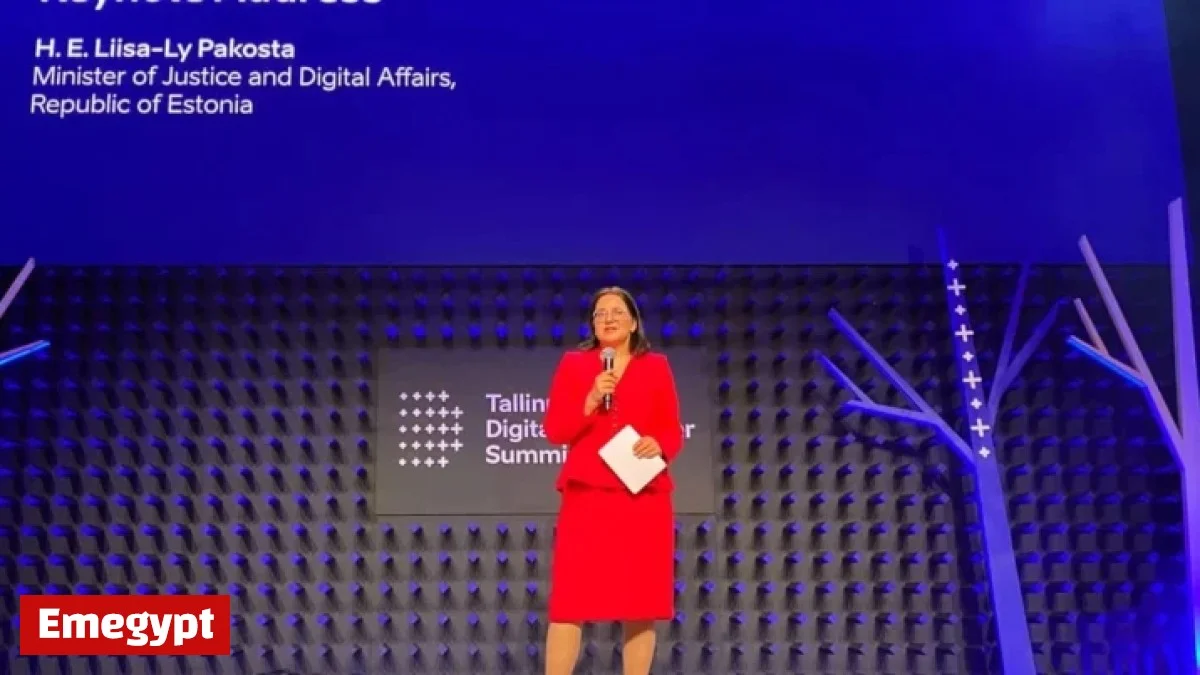
Estonia is making headline news as it stands firm on its approach to the digital integration of young people. The country’s commitment to an inclusive information society was highlighted by LiisaLy Pakosta, the nation’s Minister of Justice and Digital Affairs, in an interview with Emegypt. Estonia advocates for enforcing existing digital protection laws, such as the EU’s General Data Protection Regulation, rather than revising age restrictions for data consent. The regulation currently prevents children under 13 from consenting to their data being processed, with individual countries having the discretion to raise this age limit.
Emphasizing Digital Education Over Age Restrictions
Pakosta argues that an age limit on social media would be “very easy” to implement. However, she believes that nations should prioritize investing in comprehensive digital education. “Estonia believes in an information society and including young people in the information society,” she emphasized during her discussion. This approach aims not only to engage the youth but also to ensure they navigate digital spaces safely.
Understanding Social Media’s Impact on Youth
Addressing concerns about the effect of social media on children, Pakosta noted that if one in ten children is experiencing “problematic” social media use, it is essential for governments to identify and address the underlying issues. The Danish Minister for Digital Government, Caroline Stage Olsen, shared her perspective on Estonia’s decision by stating that not setting a minimum age limit for social media could be perceived as an “easy way out.” She acknowledged the complexity and sensitivity of these decisions at a national level.
Call for Action: Focus on Effective Digital Education
Estonia’s stance serves as a call for nations to shift their focus towards effective digital education over merely imposing age restrictions. By doing so, they can foster a digitally literate society equipped to handle the challenges of the online world. This strategic focus encourages a proactive rather than a reactive approach to digital policymaking, aiming to empower the next generation in a rapidly evolving information society.
